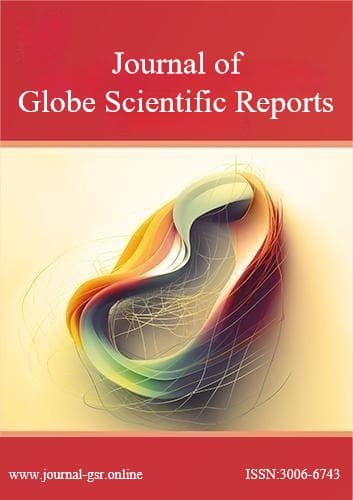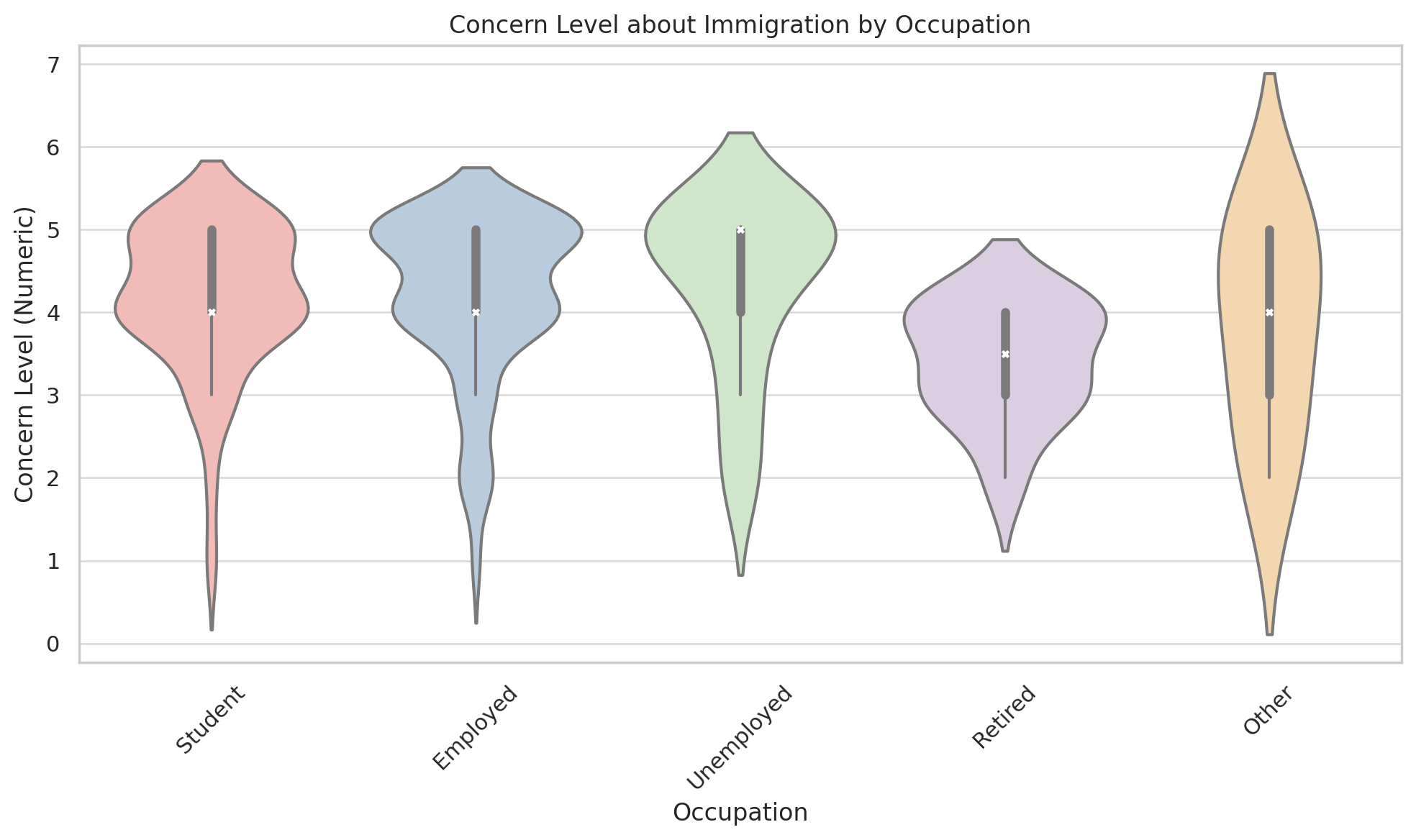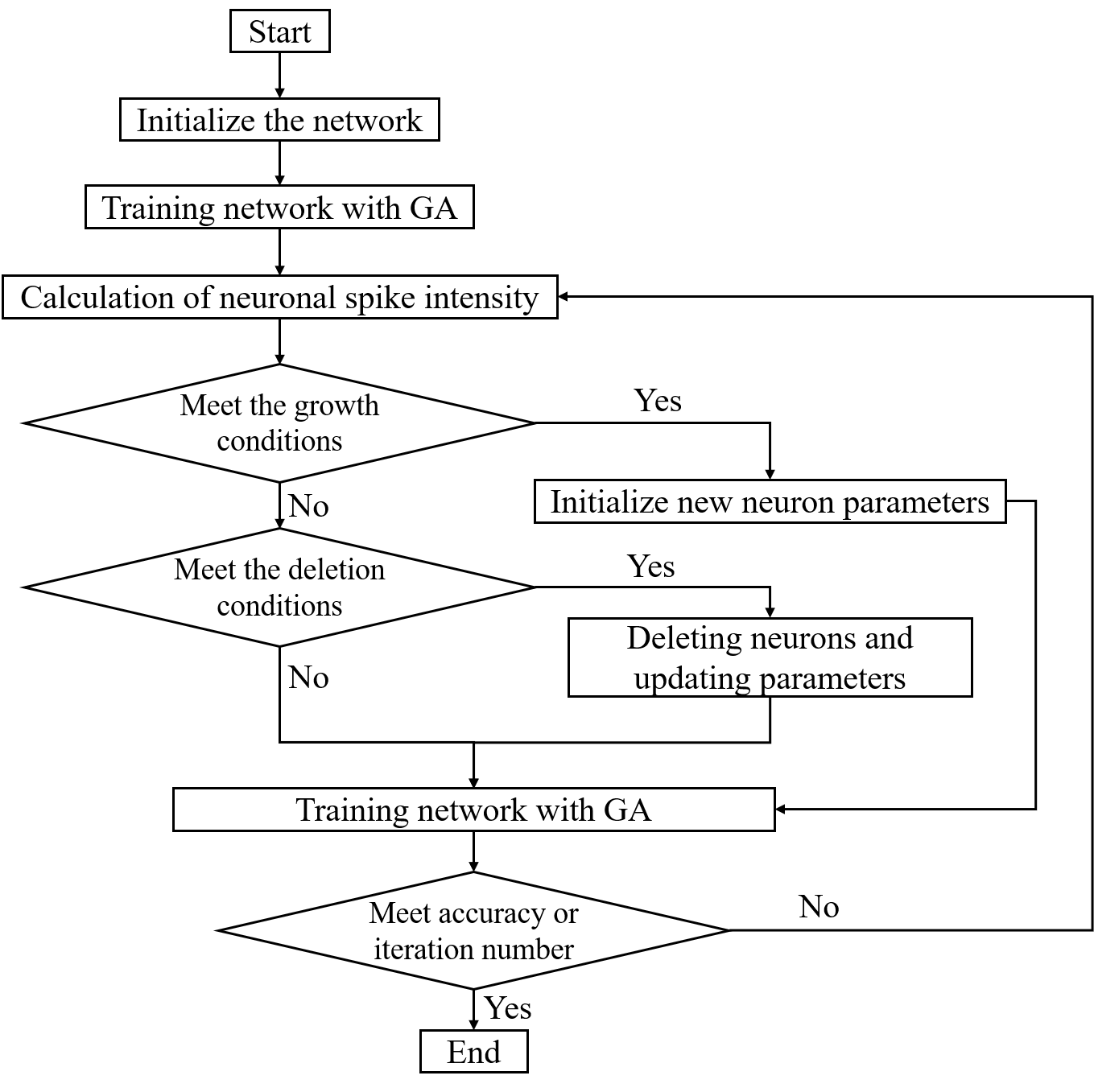 An open access journal
An open access journal
Circular Economy: Redefining Sustainability in Resource Management
Abstract
The concept of a circular economy is gaining traction as a sustainable alternative to linear consumption and waste generation. This paper explores the significance of the circular economy, emphasizing its role in resource efficiency, waste reduction, and environmental conservation. It delves into various aspects, including circular supply chains, product life extension, and recycling innovations. The discussion includes the benefits of adopting circular economy principles, such as reduced environmental impact, cost savings, and job creation. Moreover, the paper addresses the challenges and policy considerations in transitioning to a circular economy, including regulatory frameworks and consumer behavior. Through a review of circular economy initiatives and research, the study highlights the positive outcomes associated with redefining sustainability in resource management.
Share and Cite
Article Metrics
References
- Ellen MacArthur Foundation. (2013). Towards the circular economy: Economic and business rationale for an accelerated transition. Ellen MacArthur Foundation.
- Geissdoerfer, M., Savaget, P., Bocken, N. M., & Hultink, E. J. (2017). The Circular Economy–A new sustainability paradigm?. Journal of Cleaner Production, 143, 757-768.
- Kirchherr, J., Reike, D., & Hekkert, M. (2017). Conceptualizing the circular economy: An analysis of 114 definitions. Resources, Conservation and Recycling, 127, 221-232.
- MacArthur, E. (2018). Doughnut economics: Seven ways to think like a 21st-century economist. Random House Business.
- Tukker, A., & Aurisicchio, M. (2018). Environmental effects of product-service systems: material flow analysis of a product-service system on a household level. Journal of Cleaner Production, 194, 254-263.






